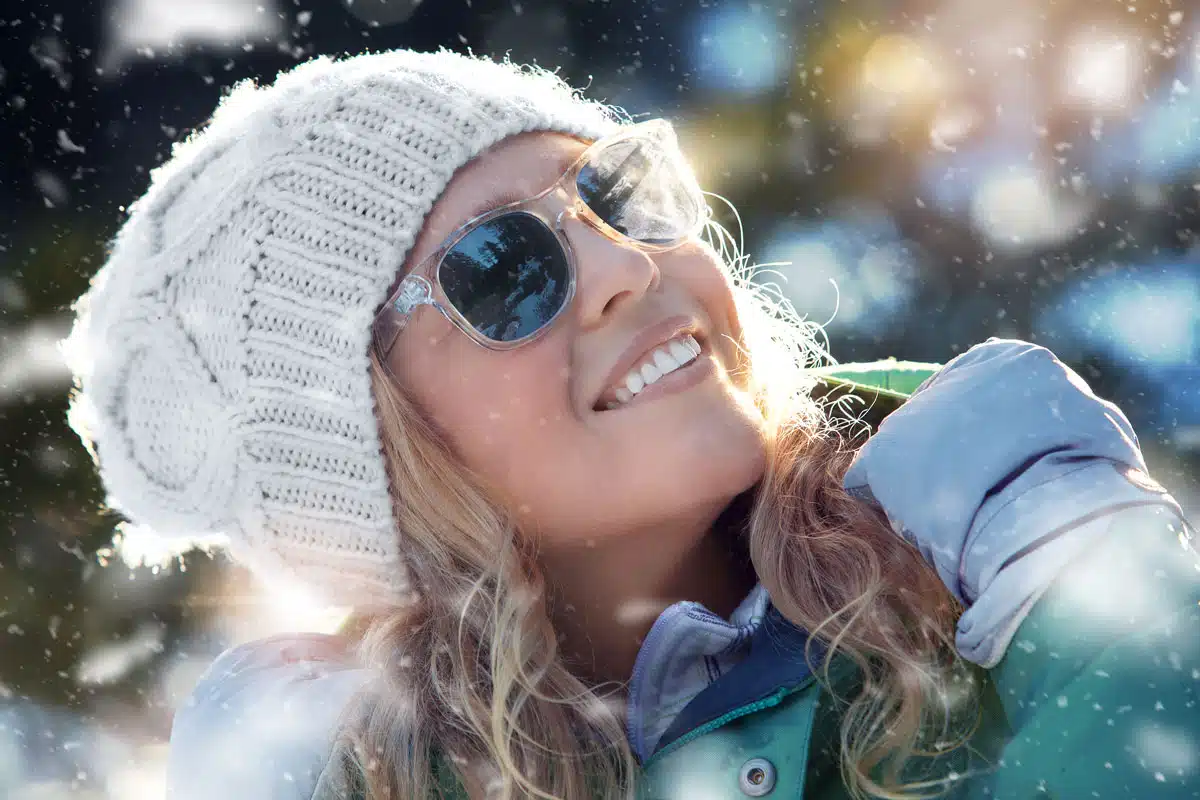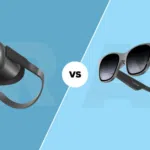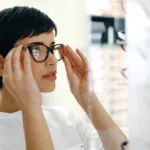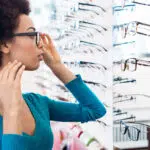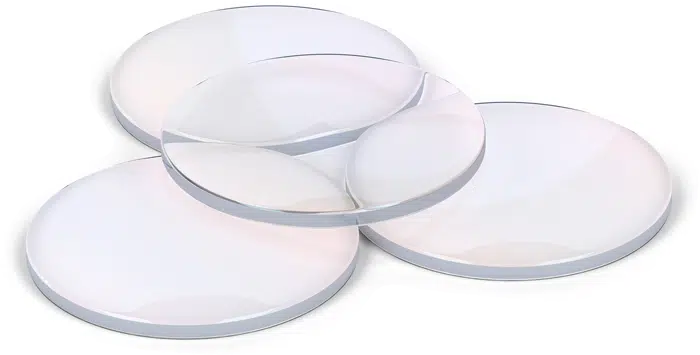The sun doesn’t go into hibernation when winter rolls around, and just like we would wear sunscreen to protect our skin, we should continue to wear sunglasses to protect our vision and eye health. Our eyes and the delicate skin around our eyes are susceptible to sun damage all year round, and wearing high-quality sunglasses with UV protection is one easy change you can make to protect your vision.
How do sunglasses work in winter?
Just as they would in sunny settings, sunglasses protect your eye health, the area around your eyes and help provide a flawless line of sight. They also:
- Reflect harmful UV/UB rays
- Block blinding glare (when choosing polarised lenses)
- Protect you from cold, dry and strong winds
- Improve overall winter vision
The benefits of wearing sunglasses in winter
When it comes to supporting your eye health, there’s no need to feel embarrassed about wearing your sunglasses – whatever the weather! If anything, we love the excuse to pop on our favourite pair of sunnies at any opportunity. But, it is a good idea to wear sunglasses throughout winter for many beneficial reasons, like…
1. Reduce the blinding glare
During winter, ultraviolet rays (UV) can intensify as the sun is in a lower and sometimes more frustrating position. There is also an increase in surface glare, with sunbeams bouncing off smooth, wet or icy surfaces. This glare can impair your vision and result in eye strain and headaches. Sunglasses, particularly polarised or anti-glare lenses, can help diminish this.
2. Stay safe whilst driving
As we said, the sun sits at a lower position in the sky during the winter months and can often fall in our direct eye line. Car windscreens provide zero protection from UV rays, so if you are on the road a lot, you should have a pair of sunglasses to hand. Sunlight can also reflect off the road’s surface and hit you with a blinding glare, potentially hindering your vision and making driving unsafe. Polarised sunglasses have a special chemical film that can prevent this glare and help keep you safe whilst driving.
3. Protect your eyes from the elements
Winter brings with it rain, snow and windy weather, often resulting in dry or watery eyes and general eye irritation. You also run the risk of debris, such as dust or dirt, blowing into your eyes, especially on particularly gusty days. By popping on a pair of sunnies, you protect your eyes from being scratched by particles or drying out from the wind. You should also check out our blog on how to care for your eyes during cold winter weather!
4. Enjoy more outdoor activities
From casual winter walks, peaceful fishing trips or high-adrenaline skiing, lots of winter activities involve being outside in the sun. Skiing, in particular, takes place at high altitudes where UV rays are stronger, and you run the risk of ‘snow blindness’. You’ll also be hit with cold, dry winds as you fly down the slopes, adding to dry, irritated eyes. Wearing sunglasses during your winter activities allows you to see every moment and enjoy a more comfortable view.
5. Protect your eyes from snow blindness
Snow blindness is a result of your eyes being exposed to UV rays for too long. Your eyes are essentially sunburnt, inflicting painful symptoms such as redness, dryness and irritation, which can be extremely uncomfortable for a few days. Snow blindness is common for those who spend a lot of time in snowy or icy settings or near water, where light can reflect off the surface.
6. Relieve eye tiredness
Snow blindness is a result of your eyes being exposed to UV rays for too long. Your eyes are essentially sunburnt, inflicting painful symptoms such as redness, dryness and irritation, which can be extremely uncomfortable for a few days. Snow blindness is common for those who spend a lot of time in snowy or icy settings or near water, where light can reflect off the surface.
7. See the health benefits
Long hours in the sun without eye protection can affect your cornea, lens and eyelid skin. High-quality sunglasses can help prevent particular eye diseases such as cataracts or macular degeneration. It also reduces everyday health issues such as eye strain which can lead to tiredness, headaches and squinting.
What type of sunglasses should i wear in winter?
The shape, size or brand of your glasses frames isn’t that important when it comes to winter sunglasses. The main factor to consider is what you’ll be doing outside – for example, winter holidays such as skiing, driving to and from work, consistently moving inside to outside, or just heading out for a casual walk. At Lensology, we offer a range of lens features for prescription and non-prescription glasses to help you design the perfect pair of winter sunglasses.
The best lenses for your winter sunglasses
Polarised lenses
– designed to block the blinding glare from reflected light which bounces off flat surfaces such as roads, water or snow.
Anti-glare lenses
– with an anti-reflective coating, anti-glare lenses admit more natural light and reduce the amount of artificial light which can bounce off your lens, creating a glare.
Xtractive Transition lenses
– as you move from inside to out, these lenses react to different strengths of light, providing extra darkness against the sun and protection from intense light.
Transition Xtractive Polarised lens
– similar to the above but with the added benefit of blocking reflected surface light, during the day and night. They work behind windscreens too, making them UV protective and ideal for driving.
Prescription winter sunglasses
For glasses wearers, don’t worry about being unable to protect your eyes from the winter sun. Here at Lensology, we can upgrade your current sunglasses frames to match your bespoke prescription. You can choose between single-vision, bifocal or varifocal lenses and add on any extra finishes for complete eye protection no matter where you are.
How to find the best winter sunglasses
Think about your lifestyle: are you on the road a lot, enjoy walking along a glistening lake or hitting the ski slopes for your winter holiday? No matter what you’re up to, we recommend keeping a pair of sunglasses on you for when the winter sun does make an appearance. Here at Lensology, we have a huge range of lenses and enhancements, such as anti-glare glasses, tinted sunglasses and transition lenses, for prescription and non-prescription sunglasses.
Contact us today to learn more or head straight to our Freepost postal box ordering service.

